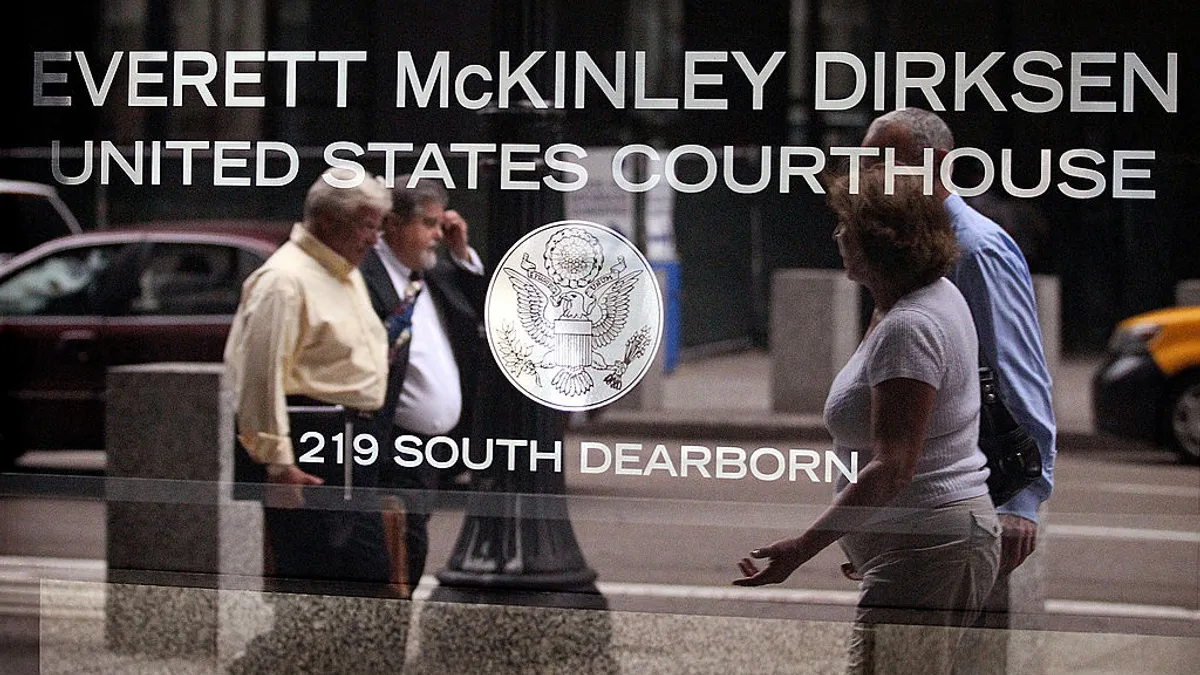The Americans with Disabilities Act may allow an employee without a disability to recover back pay for certain violations of the law, the 7th U.S. Circuit Court of Appeals held Tuesday.
The appeals court reached that conclusion in response to a lawsuit, Nawara v. Cook County and Thomas J. Dart, alleging an employer required an employee to submit to a medical examination and inquiries that weren’t job-related and consistent with business necessity, as the ADA requires.
Facts of the case
The plaintiff in Nawara, a former correctional officer at Cook County Jail, was required to undergo a fitness-for-duty examination after initiating several altercations with other employees, according to court documents. As part of that process, he was required to sign medical release forms. He initially refused and was placed on unpaid leave until he agreed to those requirements.
The employee sued, alleging that the examination requirement and inquiries into his mental health violated the ADA. A jury agreed and a court awarded him restored seniority. It declined, however, to award him back pay, finding that the law only allows such an award for workers with disabilities.
Appeals court weighs in
On appeal, the 7th Circuit revived the employee’s request for back pay.
The court — citing its own previous ruling — said the ADA’s limits on medical exams and inquiries apply to all individuals, not just those with a disability, with a record of a disability or regarded as having a disability.
And while back pay isn’t available in all circumstances, it can be for violations of that section of the law, the 7th Circuit concluded.
To prove a violation of that provision is to prove discrimination on the basis of disability, it explained. “Congress effectuated the broad remedial purpose of the ADA by including medical examinations and inquiries into an employee’s disability status within the definition of ‘discrimination … on the basis of disability.’”
Because back pay is available to plaintiffs who prove discrimination on the basis of a disability, it may be available to the plaintiff in Nawara, the court concluded, remanding the case to the district court.
7th Circuit rulings apply in Illinois, Indiana and Wisconsin.













